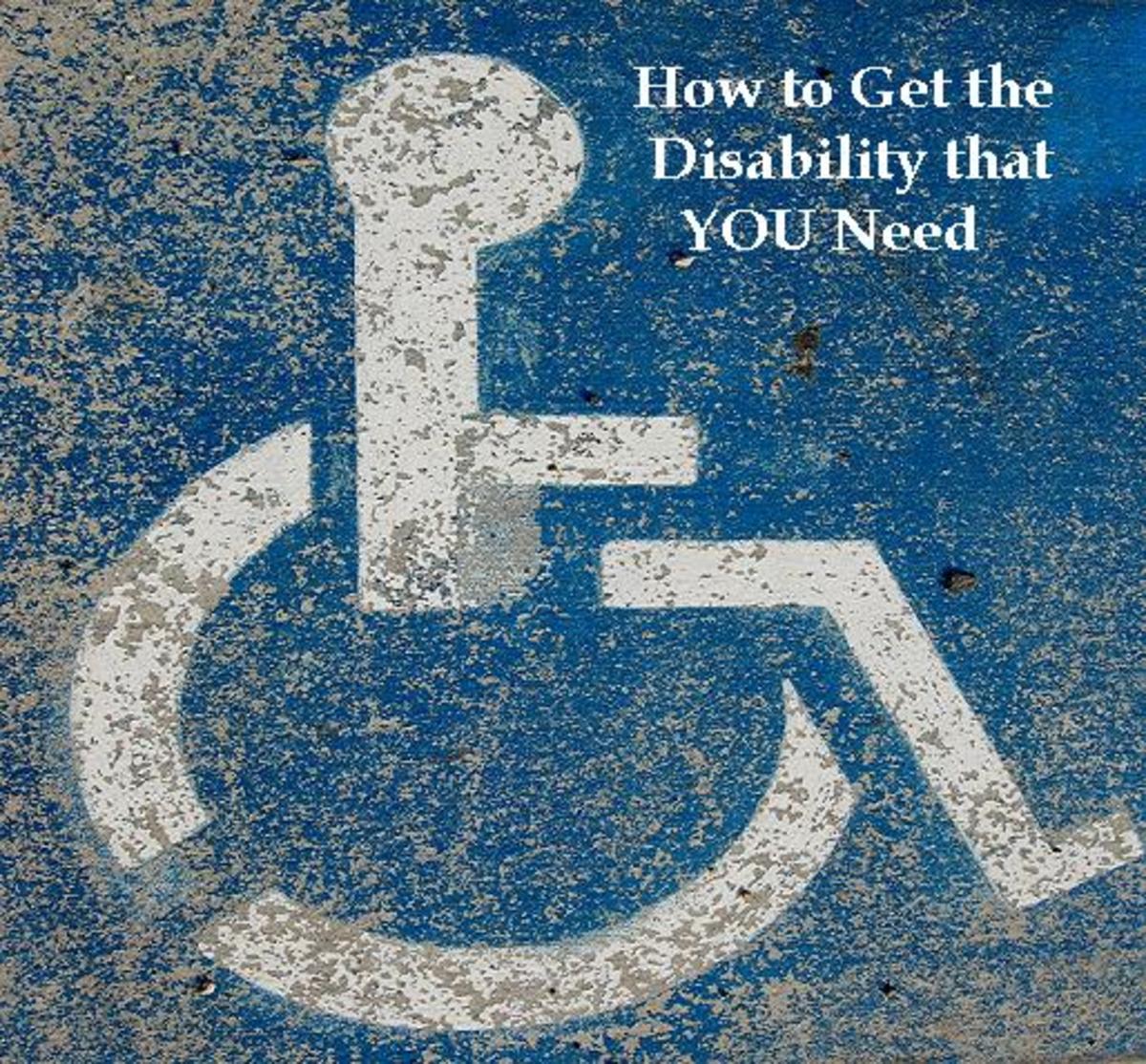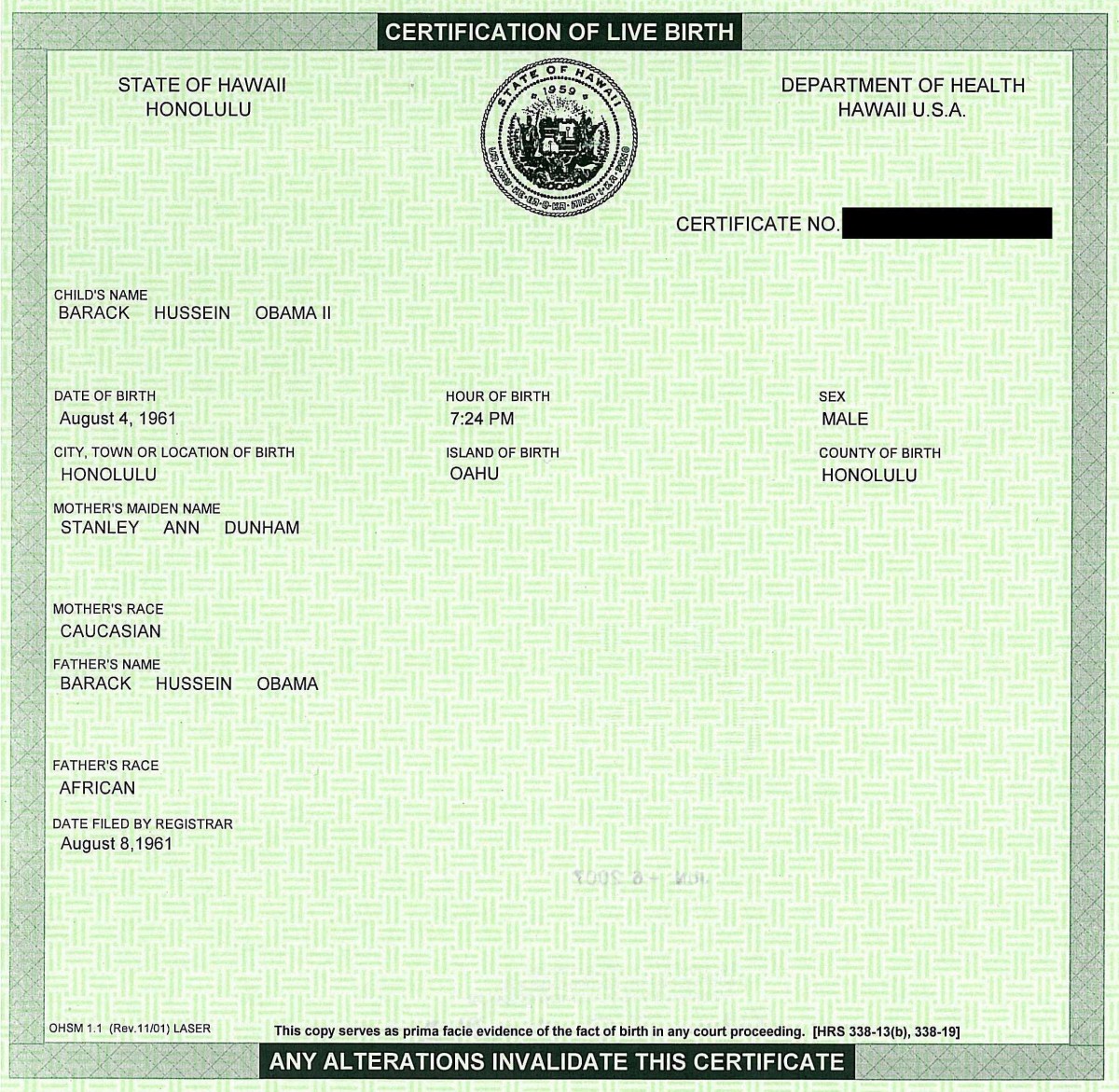Social Security Survivors Benefits Guide
Eligibility and Application Requirements
Before I get into the classifications of people who are eligible for social security survivors benefits, let me make one important point that the Social Security Administration (SSA) makes: apply as early as possible. If you think you are eligible for social security survivors benefits, you can LOSE the benefits that you were eligible for for the time period before filing a formal application. So timing is of the essence in ensuring that you do not lose benefits. With that said, it is important to know WHO qualifies for survivors benefits and HOW to qualify.
The following is a condensed summary of who qualifies for benefits as explained on the SSA's own website page relating to this subject. I have tried to organize the information in a better fashion than the often-disjointed fashion used by administrative law websites like the SSA site. However, it is important to get legal help from a licensed attorney to ensure you know all your rights and responsibilities relative to obtaining survivors benefits.
Note that the deceased person does not have to be of retirement age at the time of death for eligible survivors to get benefits. For example, a young person in his or her twenties who has children and dies may have children eligible right now. However, the general rule is that the deceased must have worked and paid social security taxes for a maximum of 10 years. The older the person is, the longer he has to work to be eligible, thus making his survivors eligible.
Eligible Persons
1 . A widow or widower at full retirement age, which is currently 66 (full-benefits rule)
2. A widow or widower at least 60 (reduced-benefits rule)
3. A widow or widower at least 50 and disabled
4. Children of the deceased, based upon the following:
a. all unmarried children under 18
b. children up to 19 if attending high school full time
c. currently disabled children who became disabled before 22
Note: Children who are stepchildren, adopted children, or grandchildren can possibly apply. Speak to the SSA or a licensed attorney for these special rules.
5. All widows or widowers taking care of the deceased's children under 16 who are receiving survivors benefits
6. All widows or widowers taking care of the deceased's children who are disabled and receiving survivors benefits
7. Dependent parents who are at least 62
8. A divorced survivor who is at least 60 (50 if disabled) and did not get remarried IF the marriage lasted at least 10 years
Special Rule: All divorced survivors who were married for less than 10 years but are now taking care of a child under 16 (or disabled child) who is receiving survivor benefits
9. A divorced survivor at least 60 (50 if disabled) who remarries at 60 years of age or older
10. A divorced survivor at least 60 (50 if disabled) who remarried before 60 but the remarriage then ended due to death, divorce, or annulment.
As I wanted to create a Quick Start Guide, this is not a truly complete guide for survivors. You may still be eligible, and it is best to get further information if you have a question.
Applying For Benefits
Once you have determined that you or another in your care is eligible for social security survivor benefits based on the rules above, you need to apply. The SSA is not going to come knocking down your door to get you to apply. You need to take the initiative, yourself. And as I warned above, it is imperative that you apply for your benefits as soon as possible because the SSA may deny benefits up to that point.
If you have further questions, you may also call the Social Security Administration at 1-800-772-1213.
Generally, it is best to apply at a local SSA office. When you apply for your survivor benefits, this is what the SSA says you need to provide:
- Proof of death—either from a funeral home or death certificate;
- Your Social Security number, as well as the deceased worker’s;
- Your birth certificate;
- Your marriage certificate, if you are a widow or widower;
- Your divorce papers, if you are applying as a divorced widow or widower;
- Dependent children’s Social Security numbers, if available, and birth certificates;
- Deceased worker’s W-2 forms or federal self-employment tax return for the most recent year; and
- The name of your bank and your account number so your benefits can be deposited directly into your account.
The above is taken from the SSA website here.
As always, it is best to consult a licensed attorney if you think you need one. While going to an attorney may cost you money, it could mean the difference between getting benefits and getting nothing at all.








